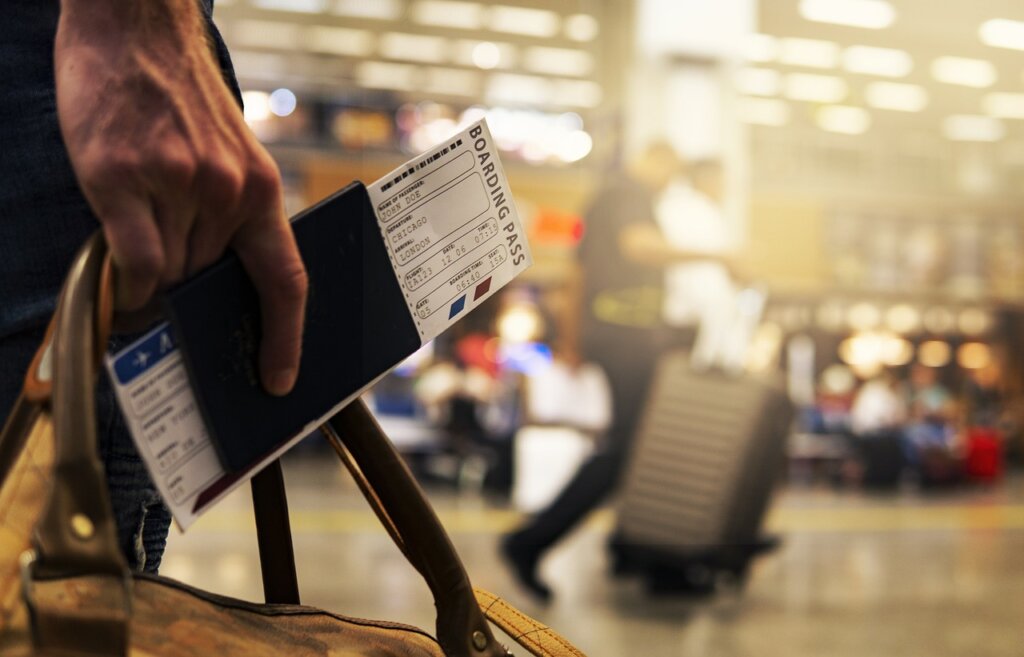
The U.S. Senate recently passed several significant government funding bills, one of which allocated up to $3.5 million for the office of the assistant secretary of commerce for travel and tourism.
President Joe Biden promptly signed the legislation, allowing the Commerce Department to take on this crucial role.
Congress established the assistant secretary position in 2022 to strengthen coordinated efforts in addressing travel-related matters.
The aim is to boost the nation’s ability to attract 90 million international visitors annually by 2027.
The importance of funding in maintaining global competitiveness
Geoff Freeman, president and CEO of the U.S. Travel Association, issued a statement emphasizing the significance of the funding for advancing the U.S.’s position in the global travel market.
He highlighted the strides in development the U.S. stands to gain from this investment.
He stated, “While other countries are laser-focused on growing their share of global travel, the U.S. has been stuck in neutral-in part due to a lack of a coordinated, whole-of-government approach to increasing travel.”
In the same statement, he also encouraged President Biden to hasten the appointment of an assistant secretary.
The U.S. Travel Association actively advocated for this role, recognizing its potential to streamline efforts and maximize the travel sector’s nationwide economic impact.
Role and responsibilities of the assistant secretary
The assistant secretary’s main objective is to develop an effective strategy to maximize the economic potential of the travel sector.
This includes efforts to attract international visitors and host major events such as conventions and sports gatherings.
Located within the International Trade Administration, the office will prioritize fostering interagency collaboration to achieve its objectives.
Challenges ahead for the position
While establishing this position marks a significant milestone, it’s important to acknowledge the challenges ahead.
Geoff Freeman highlighted challenges in Transportation, State, and Homeland Security that could potentially limit the Commerce Department’s efforts.
He suggested that the Department of Commerce might require assistance addressing these issues across the federal government.
Undetermined appointment timeline
In December, Alex Lasry was appointed the Commerce Department’s deputy assistant secretary for travel and tourism.
Despite his appointment, the position of assistant secretary remains unfilled.
Lasry oversees the National Travel and Tourism Office within the International Trade Administration while the selection process for the assistant secretary continues.
Complementing other tourism initiatives
These recent developments greatly complement other initiatives in U.S. travel.
This includes the Electronic System for Travel Authorization (ESTA), which plays an important role in U.S. immigration and travel policies.
ESTA determines the eligibility of travelers from Visa Waiver Program (VWP) countries, simplifying international travel while upholding security standards.
As the Commerce Department maximizes travel’s economic impact, ESTA remains essential in managing international travel and supporting security and economic objectives.
A determined move to develop U.S. travel and tourism
Establishing and funding the assistant secretary position signals a focused effort to address travel-related issues at the federal level.
As the Biden Administration moves forward with filling this role, stakeholders in the travel industry will closely monitor its impact on U.S. tourism and immigration policies.

